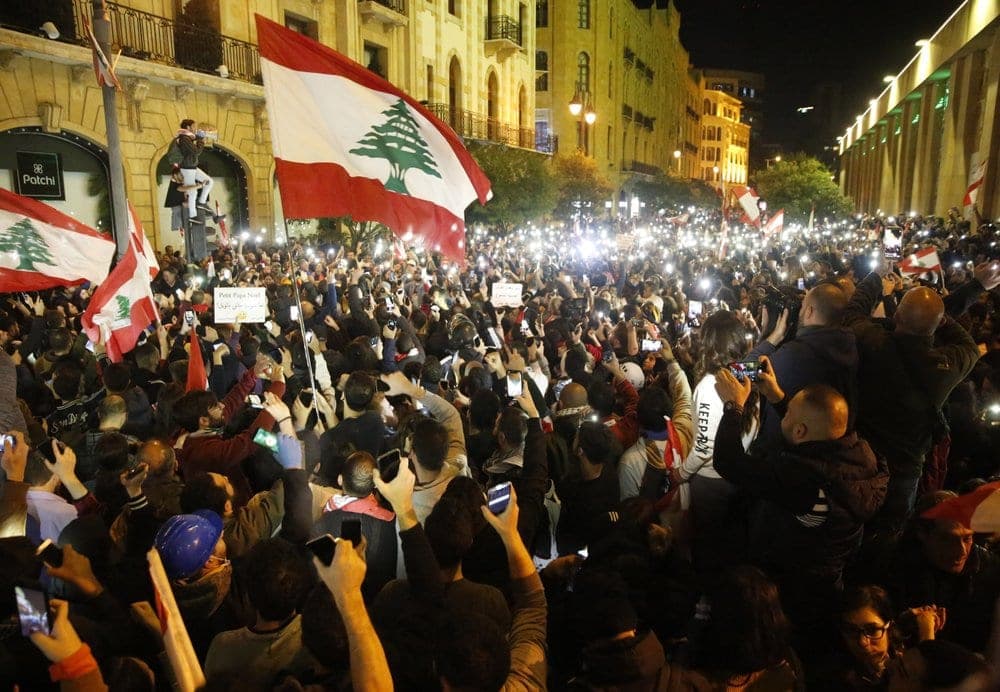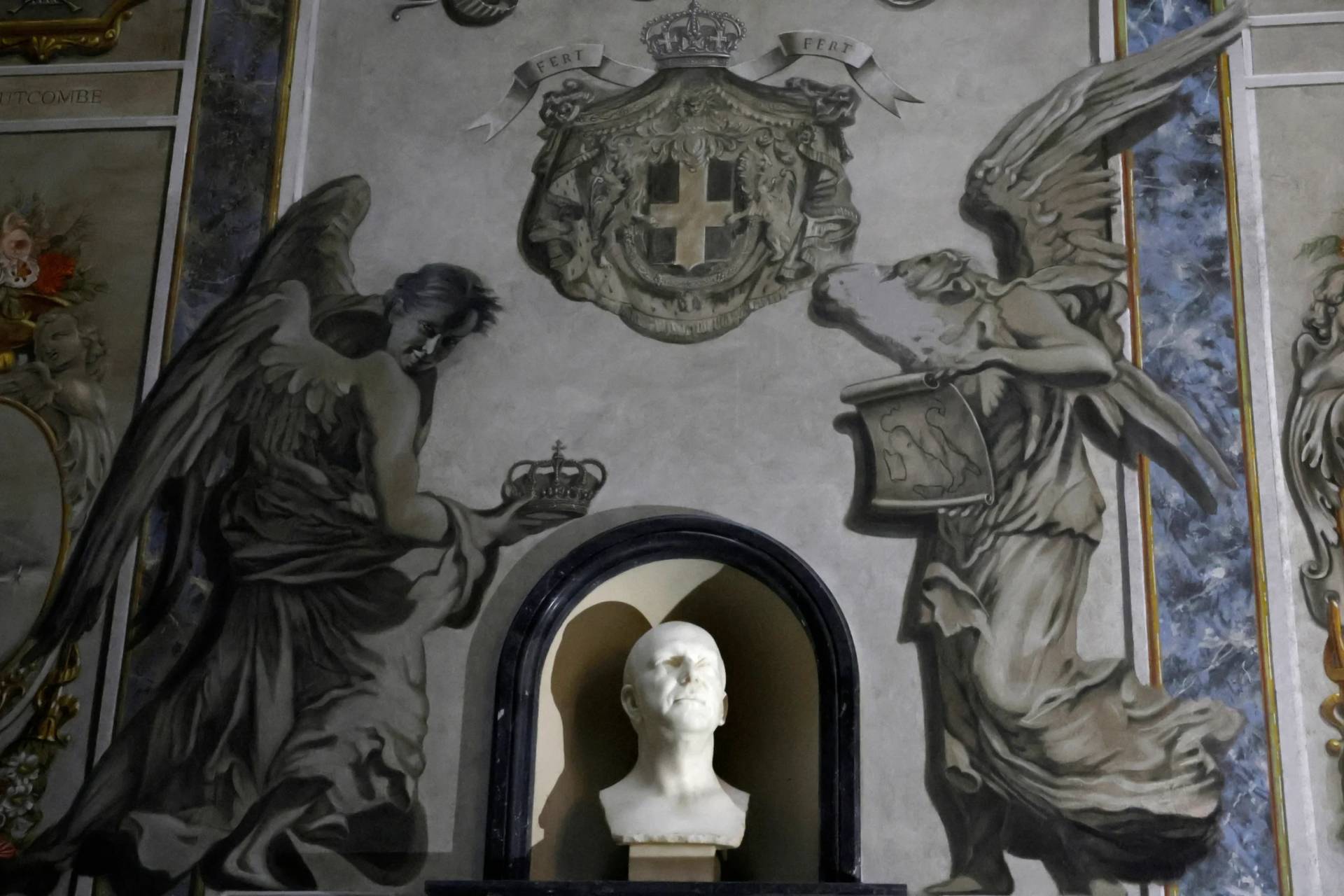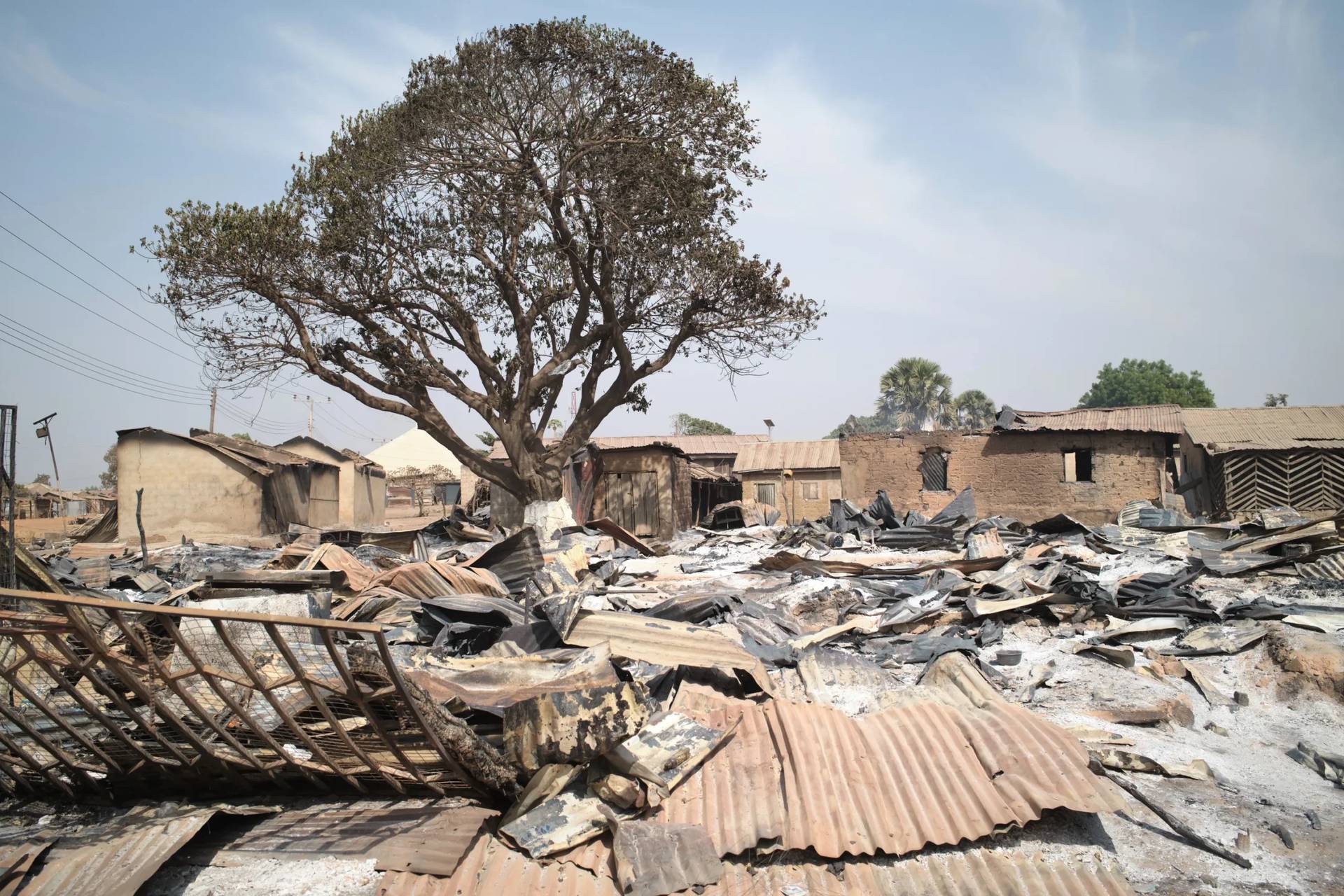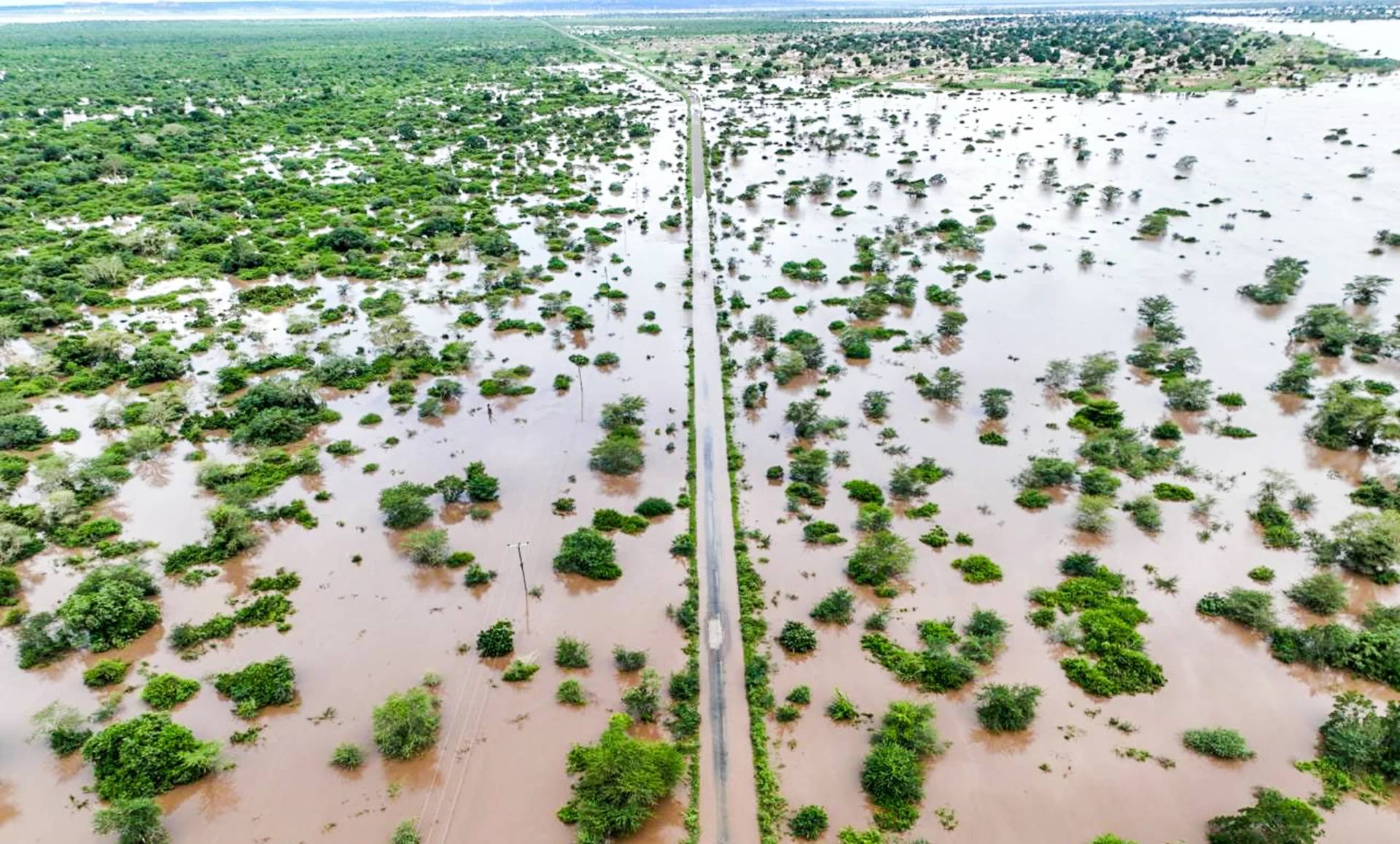BEIRUT — Supporters of Lebanon’s two main Shiite groups Hezbollah and Amal clashed with security forces and set fires to cars in the capital early Tuesday, apparently angered by a video circulating online that showed a man insulting Shiite figures.
Police used tear gas and water cannons trying to disperse them.
It was the third consecutive night of violence, and came hours after Lebanon’s president postponed talks on naming a new prime minister, further prolonging the turmoil and unrest in the Mediterranean country.
President Michel Aoun postponed the binding consultations with leaders of parliamentary blocs after the only candidate — caretaker Prime Minister Saad Hariri — failed to win the backing of the country’s largest Christian groups amid a worsening economic and financial crisis.
The postponement followed a violent weekend in the small nation that saw the toughest crackdown on demonstrations in two months.
Lebanese security forces repeatedly fired tear gas, rubber bullets and water cannons to disperse hundreds of protesters in downtown Beirut in the worst violence since demonstrations against the political elite erupted in mid-October.
On Monday night, a group of young men clashed with security forces in downtown Beirut after a video began circulating online in which a man insulted Shiite political and religious figures, heightening sectarian tensions. The group, apparently supporters of Hezbollah and the Amal Movement led by Parliament Speaker Nabih Berri, set at least three cars on fire and hurled stones and firecrackers at riot police.
Police responded with tear gas and water cannons.
Aoun had been scheduled to meet with the heads of parliamentary blocs to discuss the naming of the new prime minister. Those consultations are binding, according to the constitution, and Hariri, who resigned under pressure Oct. 29, was widely expected to be renamed.
The presidential palace said the consultations would be held instead on Thursday, based on a request from Hariri.
The U.N. special coordinator for Lebanon, Jan Kubis, had warned that because of the collapsing economy, such postponements are “a risky hazard both for the politicians but even more so” for the people.
Lebanon is enduring its worst economic and financial crisis in decades with a massive debt, widespread layoffs and unprecedented capital controls imposed by local banks amid a shortage in liquidity.
Hariri resigned after protests began earlier in October over widespread corruption and mismanagement. The palace said Hariri had asked Aoun to allow for more time for discussions among political groups before official consultations.
Earlier, the country’s main Christian groups said they refused to back Hariri, who has served as premier three times.
His office said in a statement that he is keen for national accord, adding that had he been named to the post, it would have been “without the participation of any of the large Christian blocs.”
Under Lebanon’s power-sharing system, the prime minister has to be a Sunni Muslim, the president a Maronite Christian and the parliament speaker from the Shiite community. Hariri has emerged as the only candidate with enough backing for the job, but he is rejected by protesters who demand a Cabinet of independent technocrats and an independent head of government not affiliated with existing parties.
Although the protests had united all sectarian and ethnic groups against the ruling elite, tensions had surfaced from the start between protesters and supporters of the Shiite groups Hezbollah and Amal, after the latter rejected criticism of its leaders.
Hariri had asked the International Monetary Fund and the World Bank for help developing a reform plan to address the economic crisis.
Moody’s Investors Service said that without technical support from the IMF, World Bank and international donors, it was increasingly likely that Lebanon could see “a scenario of extreme macroeconomic instability in which a debt restructuring occurs with an abrupt destabilization of the currency peg resulting in very large losses for private investors.”
Its currency has been pegged at 1,507 Lebanese pounds to the dollar since 1997, but in recent weeks it has reached more than 2,000 in the black market. Lebanon’s debt stands at $87 billion or 150 percent of GDP.
Crux is dedicated to smart, wired and independent reporting on the Vatican and worldwide Catholic Church. That kind of reporting doesn’t come cheap, and we need your support. You can help Crux by giving a small amount monthly, or with a onetime gift. Please remember, Crux is a for-profit organization, so contributions are not tax-deductible.













